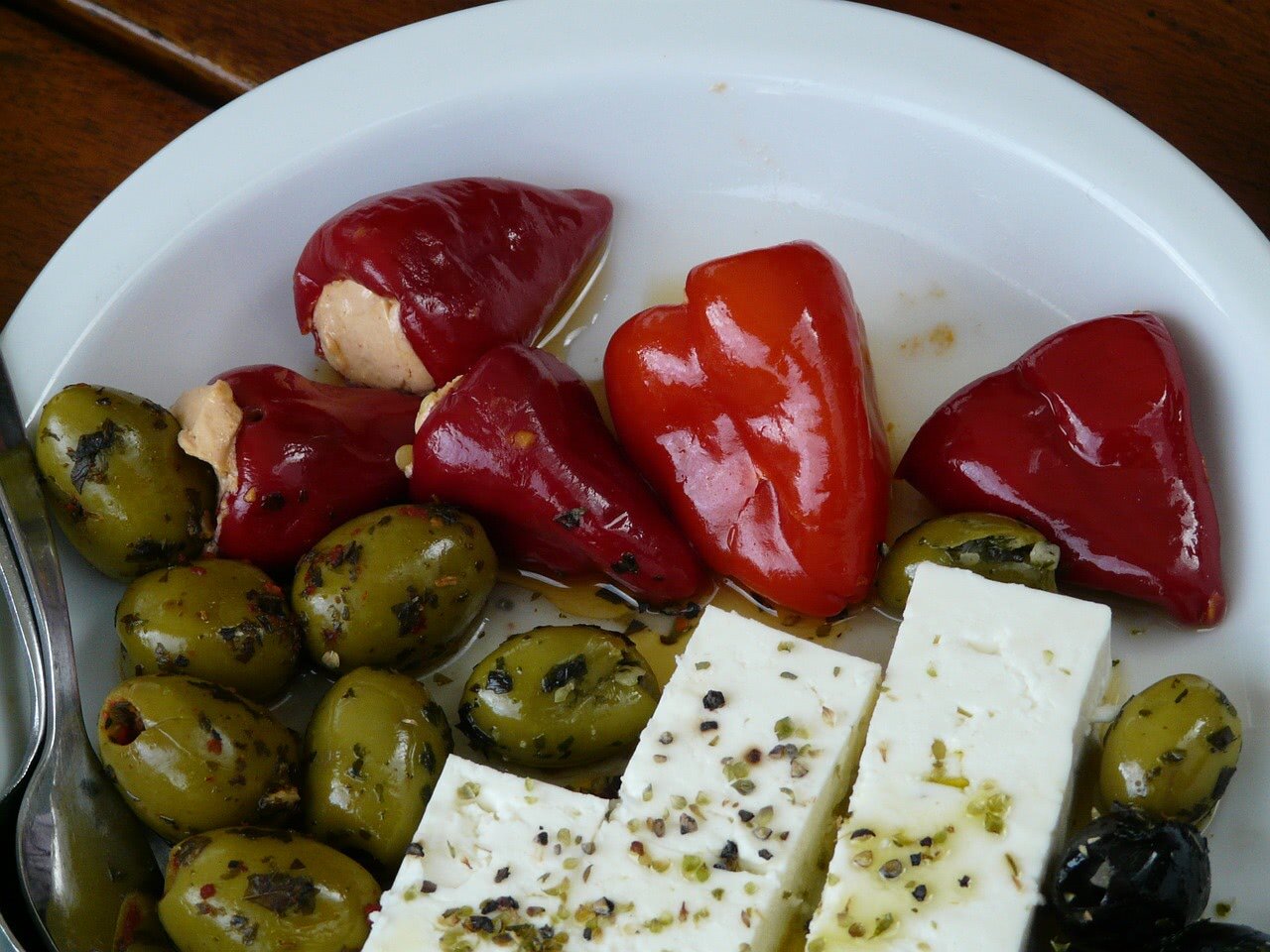Pickle chillies
Chilies can be preserved with relatively little effort in vinegar or olive oil. These taste so good that they should not be missing on any cheese platter. In addition to preserving by freezing or drying, pickled chili peppers also have a few other advantages. They take up very little space in the storeroom. In addition, sour or oil-soaked chilies taste excellent.
Whether you pick chilies, pepperoni, habanero or jalapeño, the recipe is always the same. Later, the peppers pickled in vinegar taste deliciously sour. In olive oil you can add garlic, cheese, paprika and mustard seeds.
Before you start, you will need a few sterile preserving jars. Wash your hands thoroughly. The reason for this is that bacteria and moulds will otherwise spread. Your work would then be in vain and the beautiful chillies would become bad.
Pickling
Blanched or fried vegetables can be used well for preserving. This makes it durable and gives it a new flavour. Bite firm vegetables are more suitable for the method with vinegar. Antipasti are often preserved in vegetable oil. Chillies are suitable for both varieties.

Chillies in oil
Wash half a kilo of chilli peppers thoroughly under running water. Cut off the stalk and remove seeds and white placental tissue as far as possible. Make sure that oil can run at any point. There should be no air bubbles. Even if whole pods are nicer to pickle, we quarter both Habaneros and Jalapeños. Narrower pods like Cayenne are halved.
Heat about two litres of water with 300 ml vinegar. Some sugar and as much salt (2 tsp). The water should only simmer slightly if you put the cleaned chilli peppers in the water. After 5 to 10 minutes the chilli has exactly the right consistency. Rocotos with their thick flesh take longer, Habaneros cook faster.
We check this by pricking a fork into the pods you certainly know how soft Piri Piri or Peperoncini are from the glass. So should their chillies, which are themselves pickled in oil, become as well.
Depending on your taste, add the garlic cloves, rosemary, mustard and peppercorns to the water before boiling the chillies. Other herbs such as thyme towards the end of cooking. Otherwise the essential oils will evaporate too quickly.
Put the whole thing into a kitchen sieve to drain. Use a spoon to layer the hot mixture in clean preserving jars. It is poured with the best olive oil up to the edge.
If you have worked sterile, the pickled chillies can be kept for half a year. We ourselves do not trust the cleanliness completely and only keep the glasses in the refrigerator. We also make sure that the chillies in oil are eaten after two weeks. Because they are so tasty anyway, the glass is eaten empty.
Pickle pepperoni in vinegar
Wash a pound of green or red pepperoni or jalapeno, cut head, quarter and strip seeds. For each liquid we need 750 ml water and vinegar. Add 3 teaspoons of sugar and salt to the vinegar stock. To taste some garlic, peppercorns and coriander seeds. With pickled vegetables one or the other laurel leaf may not be missing.
Add the chilli to the spicy broth while simmering lightly. Simmer for about 5 minutes and then turn off the heat. Later keep the pickled chillies in the fridge. The vinegar makes chili peppers durable: We ate them in the next two weeks.
You can use all types of chilli to pickle. With tomatoes, onions and olives it is easy to vary the recipe according to your preferences. It is particularly tasty if you lightly roast the peppers beforehand. Best still on the grill.
Another refinement comes from Thai cuisine. There in vinegar marinated Thai Chilis with sugar for the sweetness, fish sauce for a salty taste and some lime juice for the acid are added. In Thailand you will find the so prepared chillies in almost every pasta house.
Shelf life
The reason for our caution and the relatively rapid consumption of pickled chilli peppers are bacterial cultures that spread when working non-sterile. The most dangerous is Clostridium botulinum which causes botulism. One way to safely kill the germ is to heat it to 100 °C for at least 15 minutes.
Honey for sweetening should not be used either. In the year about 10 cases become known where it came to such poisonings.
